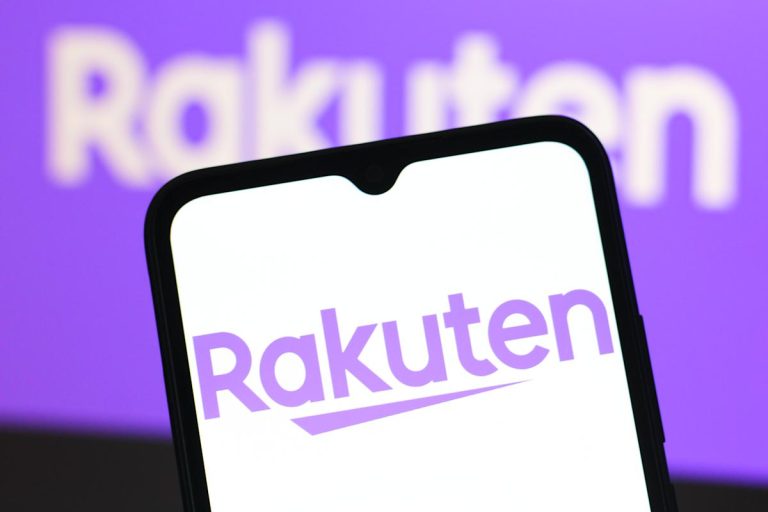As India gears up for a $1.5 trillion intergenerational wealth transfer, a new HSBC report has revealed that only 7% of Indian heirs felt obligated to take over their family business, marking a clear departure from traditional expectations around legacy and succession.
The report, titled Family-owned businesses in Asia: Harmony through succession planning, was released on May 20, which highlighted the changing mindset of family-run enterprises across the region. While 88% of Indian entrepreneurs expressed trust in the next generation’s ability to manage family wealth, 45% said they do not expect their children to actually take over the business. This reflects a widening gap between trust and intent in leadership succession.
Despite this, 79% of Indian family business owners still plan to pass their enterprise to a family member, among the highest globally, and on par with the UK (77%) and Switzerland (76%).
“India’s family-owned businesses are balancing legacy preservation with modernity. While there is trust in the next generation to uphold the values and culture of the family business, there is also a need for open communication and robust succession planning,” said Sandeep Batra, Head of International Wealth and Premier Banking, HSBC India.
He added that a proactive approach to succession not only strengthens family bonds but also ensures long-term business sustainability.
Family-run businesses contribute nearly 79% of India’s GDP—one of the highest ratios in the world. Many were founded after the economic liberalisation of the 1990s and are now navigating a generational shift.
Second- and third-generation entrepreneurs, often raised in cosmopolitan environments and educated abroad, are bringing new perspectives to their inherited businesses. Nearly 95% of these successors in India said they felt trusted when taking over the reins, compared to the global average of 81%.
The report also highlighted how succession dynamics differ across Asia. For example, while 60% of second- and third-generation entrepreneurs in mainland China felt obligated to continue the family business, that figure drops dramatically to 7% in India. Meanwhile, business owners in Hong Kong (44%), China (56%), and Taiwan (61%) are significantly less likely than their Indian counterparts to keep the business within the family.
The findings underscore the urgency for formalised succession planning, especially as India stands on the verge of one of the largest wealth transfers in its history—an estimated $1.5 trillion, equivalent to over a third of its GDP, according to Hurun data.








